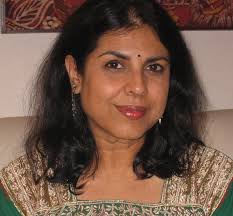Chitra Banerjee Divakaruni [1956-0] Indian    
Rank: 102
Author
Chitra Banerjee Divakaruni is an Indian-American author, poet, and the Betty and Gene McDavid Professor of Writing at the University of Houston Creative Writing Program.
Christmas, Courage, Positive, Society, Amazing |  |